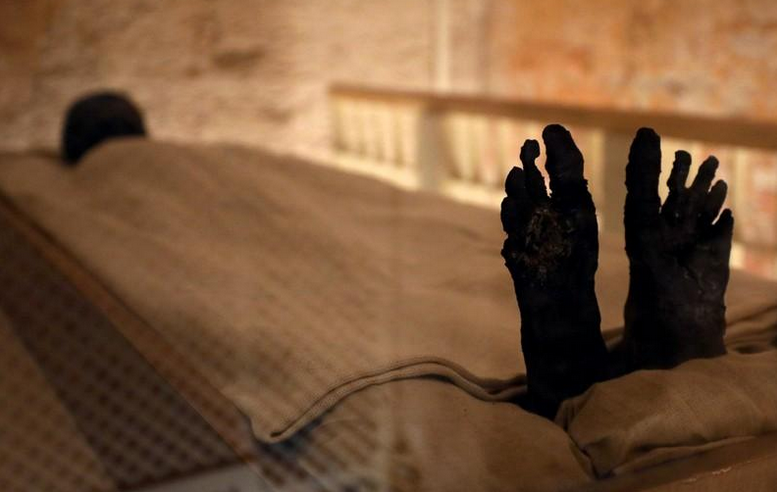As one of the most effective idols in the world, Egyptian legend Mohammed (Mo) Salah joined the United Nations High Commissioner for Refugees (UNHCR) to become the first ambassador for Instant Network Schools.
Instant Network Schools is a project by the UNHCR that aims to provide refugee children with a quality digital education. The programme aims to give displaced children access to proper digital education, equal to their peers. Dedicated mostly to Africa, the schools target refugee communities and their teachers in order to open the window of digital learning, which improves the quality of education in some of the most marginalised communities.
The programme allows students to take classes online. All you need is a projector and a teacher with a speaker and students can connect online anywhere that has internet access.
The programme takes place in cooperation with Vodafone, who Salah is also the ambassador of.
“I’m partnering with the Vodafone Foundation and the UNHCR to close the gap between the education available to refugees and their peers living in settled communities. Instant Network Schools is an important initiative that I am proud to represent, which has been transforming learning for a generation of young people across sub-Saharan Africa and soon also in my home country, Egypt,” Salah commented.
Through his role as ambassador, Salah will visit schools supported by the programme and will help raise the public’s awareness on the needs of displaced populations in terms of education, and help attract donations and investments into digital technology, a statement by the UNHCR read.
For his side, Dominique Hyde, UNHCR’s director of External Relations expressed his excitement with the participation of Salah.
“On and off the football field, Mohamed is a positive and inspirational role model for youth all around the world. His optimism and passion perfectly align with the Instant Network Schools programme. Connected education brings hope to refugee youth, giving them the inspiration, motivation, and opportunity to achieve a better future,” he explained.
The programme was established in 2013. Over the past seven years, it has served over 86,500 students and 1,000 teachers, providing them with a rare chance to access qualified education. There are 36 Instant Network Schools currently operating across eight refugee camps in Kenya, Tanzania, the Democratic Republic of Congo, and South Sudan.
According to the statement, the Vodafone Foundation and UNHCR are jointly investing €26m to expand the programme to benefit 500,000 refugee and host community students and 10,000 teachers. By 2025, 255 new Instant Network Schools will be opened, including 20 schools planned this year.



